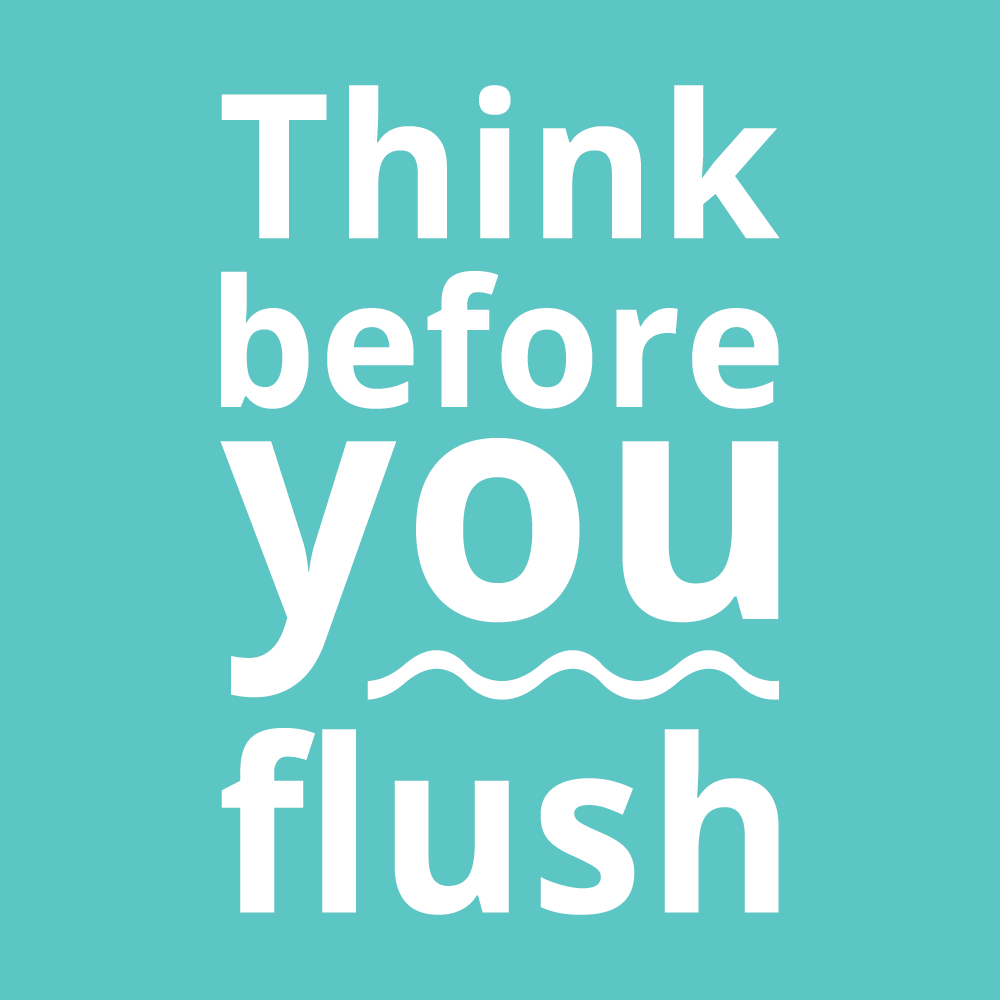Clean Coasts and Irish Water urge the public whether they are dining indoors or barbequing this summer to ‘Think Before You Pour’
Don’t store those barbeques away just yet, the Summer isn’t over yet. If you are planning to get together with friends and family for a back garden gathering and some outdoor dining, while waiting for the self-proclaimed barbeque master to serve up a plethora of grilled meats and vegetables, please spare a moment to think about the impact such activities can have on your local environment if you dispose of fats, oils and greases (FOGs) incorrectly.
Most of us who clean the barbeque after an evening of grilling will know there can be a build-up of FOGs which needs to be disposed of. Generally, to deal with this mess, the surface is scraped clean, kitchen paper is used to gather up the FOGs and it is then thrown in the bin. Although this cleaning method is common practice when barbequing, it unfortunately isn’t what we always do in the kitchen.
In a recent study we have discovered that 8% of people admit to disposing FOGs from their BBQ down the sink, compared, to 30% of people disposing FOGs from the kitchen down the sink. Washing FOGs from dirty pots, pans and plates directly down the sink instead of removing them first, like with our barbeques, can cause major issues along our wastewater networks, at our wastewater treatment plants and, in turn, our local environment.
Although FOGs might seem like liquid when poured down the sink, once cooled, they will solidify along the wastewater pipes. This can cause blockages in homes, the public wastewater network and at wastewater treatment plants. These blockages can lead to overflows of sewage that can damage the environment. When FOGs combine with wipes and other sanitary items that shouldn’t be flushed down the toilet, fatbergs can form. This is seen daily in villages, towns and cities as Irish Water clear thousands of blockages from the wastewater network every year.
When disposing of FOGs at home the advice is simple. Always scrape any vegetable peelings, rice, pasta, food debris, fats, oils and grease from plates, pans and utensils into the bin. Before washing the dishes, use a kitchen towel to wipe any grease left in pots and pans and put it in the bin. Use sink strainers in plug-holes to stop food particles going down the drain then safely empty the contents into the bin. Pour/scrape fat and sauces from roasting pans and plates into a heat resistant container such as a GunkPot, egg carton or yogurt pot. When cool, put it in the bin.
Wastewater Lead and Irish Water’s Think Before You Flush Ambassador, Donal Heaney added: “Irish Water is delighted to be teaming up with Clean Coasts to encourage the public to bring their positive barbeque practices into the kitchen. Last year we responded to approximately 10,000 customer notified blockages along the wastewater network, which were leading to sewer overflows. Removing fatbergs and blockages from our public sewers and cleaning up sewer overflows is a dirty job with nasty consequences but so easy to prevent. As we head into this last bit of summer heat, we are reminding the public to ‘Think Before You Pour’, not to use the kitchen sink as a bin and to help us safeguard the wastewater network and local environment. Simply collect all cooled fats, oils and greases and dispose of them in the bin, by doing so, you will help protect our wastewater network and local environment.”
Sinead McCoy, Coastal Communities Manager, Environmental Education Unit, An Taisce added: “We can all make a positive impact on our natural environment with a few simple changes, such as thinking before we pour. We can help prevent blockages in our wastewater systems by being more conscious of what we allow to be washed away down our sinks and drains, reducing blockages and overflows to the natural environment. When cooking with fats, oils or grease (FOGs) help safeguard the wastewater network and our natural environment by collecting this cooled FOGs and disposing of them in your food waste bin or general waste bin.”
